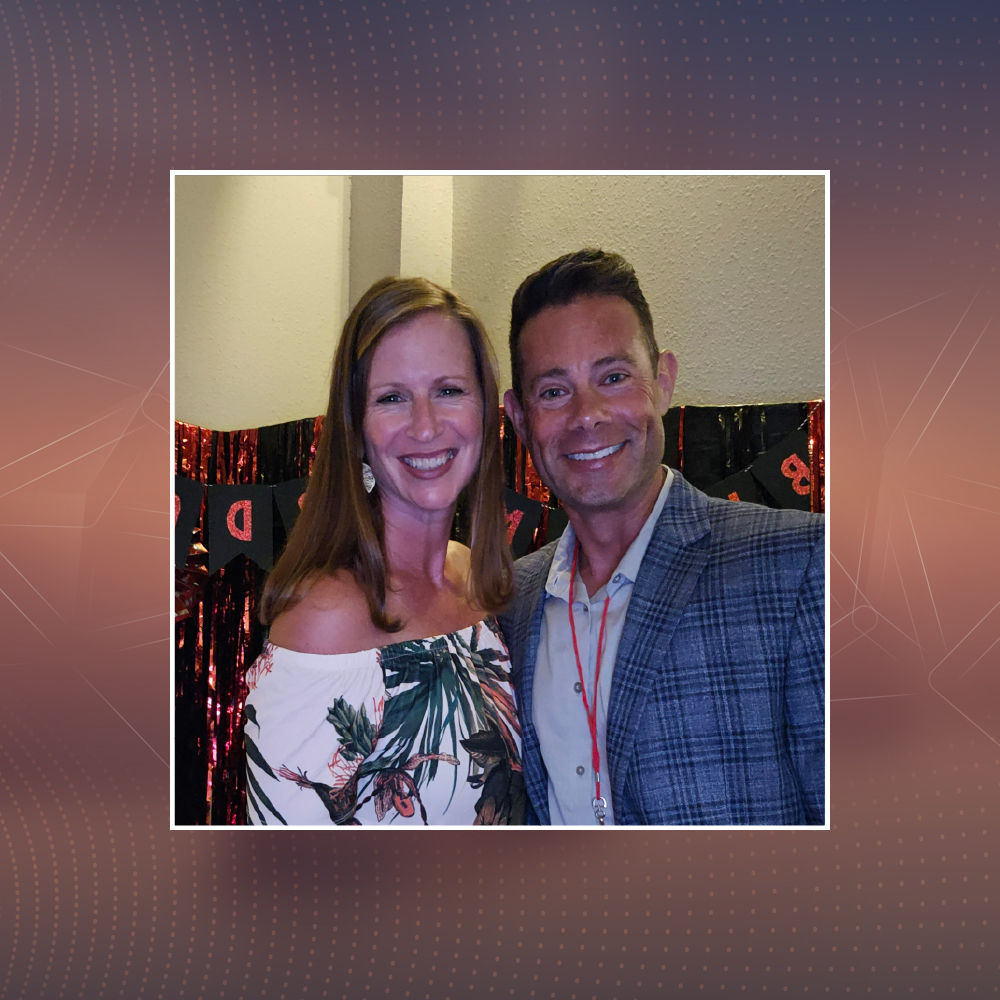
The education landscape is undergoing a seismic shift, driven by innovative approaches and technologies that promise to redefine how knowledge is acquired and applied. This transformation is not just about enhancing learning outcomes but is fundamentally changing the way students engage with information and prepare for future challenges.
The Rise of Personalized Learning
Personalized learning tailors educational experiences to individual needs, preferences, and learning speeds. By leveraging data analytics and artificial intelligence, educators can create customized curriculums catering to each student’s abilities. This method improves engagement by addressing students at their level of proficiency but also enhances retention rates by presenting materials in ways that are most effective for different learners.
In classrooms worldwide, personalized learning is turning the traditional model on its head. Instead of a one-size-fits-all curriculum, teachers are using technology to assess each student’s strengths and weaknesses and adapt lessons accordingly. This shift not only makes learning more relevant to students’ lives but also encourages a deeper connection to the material, fostering both confidence and curiosity.
Integration of Technology in Classrooms
Technology’s role in education extends beyond personalized learning; it encompasses many tools that enhance interactive learning. From virtual reality (VR), which brings historical events to life, to augmented reality (AR), which transforms standard textbook diagrams into three-dimensional anatomical explorations, technology is making learning more immersive and engaging.
These tools are not merely flashy additions but are integral to developing critical thinking skills and a deeper understanding of complex subjects. By integrating technology into everyday learning, educators are providing students with the skills necessary to excel in a digital world, ensuring they are not only consumers of technology but also creators and innovators.
The Shift Toward Competency-Based Education
Competency-based education (CBE) is another transformative trend. This approach allows students to advance based on their ability to demonstrate mastery of a subject rather than the amount of time spent in a classroom. CBE is tailored to the pace of individual learners, which can lead to more efficient learning processes and reduce the time and cost associated with higher education.
As institutions adopt CBE, they are also reevaluating traditional grading systems. This shift recognizes many learning styles and challenges the notion that knowledge can be accurately reflected through a single letter grade. By focusing on skills and competencies, students are prepared more holistically for real-world applications of their learning.
Expanding Access Through Online Learning
Online education has democratized access to information, allowing people from all backgrounds and geographic locations to learn from top-tier institutions. E-learning platforms offer courses on everything from computer programming to art history, often at little or no cost. This accessibility is crucial for lifelong learning and provides opportunities for continuous professional development outside traditional classroom settings.
Moreover, online learning facilitates a flexible learning environment. People can balance their educational pursuits with personal and professional responsibilities, making it possible for more individuals to enhance their skills and advance their careers. This modality has proven particularly invaluable during times of global disruption, such as the COVID-19 pandemic, when traditional educational institutions faced unprecedented challenges.
Building Global Classrooms
The global classroom concept is one of the most exciting developments in modern education. Thanks to the Internet and collaborative software, students from different parts of the world can engage in real-time discussions, work on projects together, and share diverse perspectives that enrich the learning experience for everyone involved.
This approach breaks down geographical barriers and promotes cultural understanding and tolerance. By interacting with peers from various backgrounds, students develop a global outlook and the ability to navigate and succeed in a multicultural world.
The education revolution is more than just a shift in teaching methods; it’s a comprehensive transformation of the traditional learning model, emphasizing personal growth, inclusivity, and the lifelong pursuit of knowledge. As we continue to harness innovative technologies and pedagogical strategies, education becomes not just a stepping stone to a career but a continuous journey that enriches lives and broadens horizons. This revolution is not merely changing how we learn; it’s changing who we become in the process.